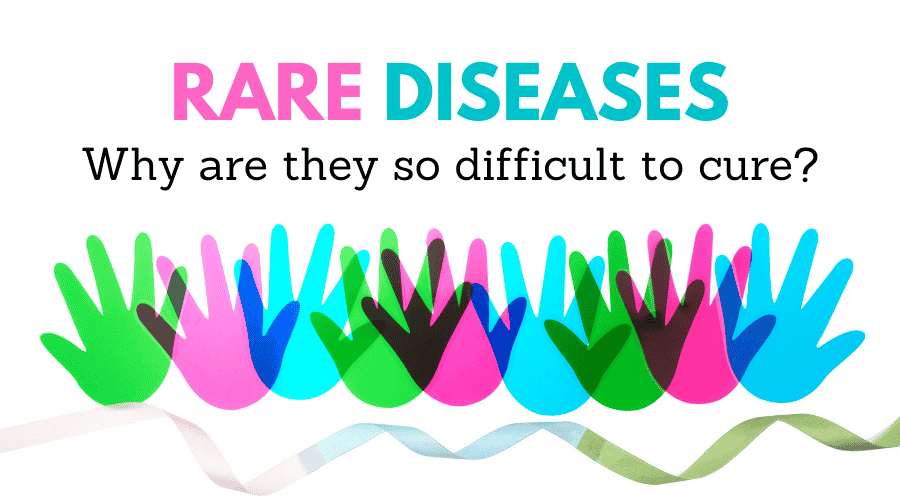Rare diseases pose unique challenges to patients, caregivers, and healthcare systems worldwide. Characterized by a myriad of symptoms and signs that often vary from patient to patient, these conditions present a complex puzzle for medical professionals. With their low prevalence, rare diseases are often overlooked, leading to a scarcity of medical expertise, inadequate care offerings, and limited research opportunities. This disparity leaves rare disease patients feeling like the orphans of health systems, deprived of essential resources and support.
The heterogeneous nature of rare diseases further complicates diagnosis and treatment. Common symptoms may mask underlying conditions, resulting in misdiagnosis and delayed interventions. As a result, individuals living with rare diseases often face significant challenges in maintaining their quality of life. The chronic, progressive, and frequently life-threatening aspects of these conditions can lead to a loss of autonomy and profound physical and emotional suffering.
Adding to the burden is the lack of effective cures for many rare diseases. Without access to appropriate treatments, patients and their families are forced to endure prolonged periods of pain and uncertainty. The impact of rare diseases extends beyond the individual diagnosed, affecting families, friends, caregivers, and society as a whole. The financial, emotional, and social toll of these conditions is profound, highlighting the urgent need for improved awareness, research, and support networks.
Despite these challenges, there is hope on the horizon. Advances in medical technology and increased collaboration among researchers offer promise for the future of rare disease care. Through advocacy efforts, public awareness campaigns, and targeted research initiatives, stakeholders can work together to address the unmet needs of rare disease patients and pave the way for better outcomes.
In conclusion, rare diseases represent a significant burden on individuals and society alike. By recognizing the unique challenges posed by these conditions and rallying support for increased research and awareness, we can strive towards a future where rare disease patients receive the care and support they deserve. It is only through collective action and unwavering commitment that we can truly make a difference in the lives of those affected by rare diseases.


